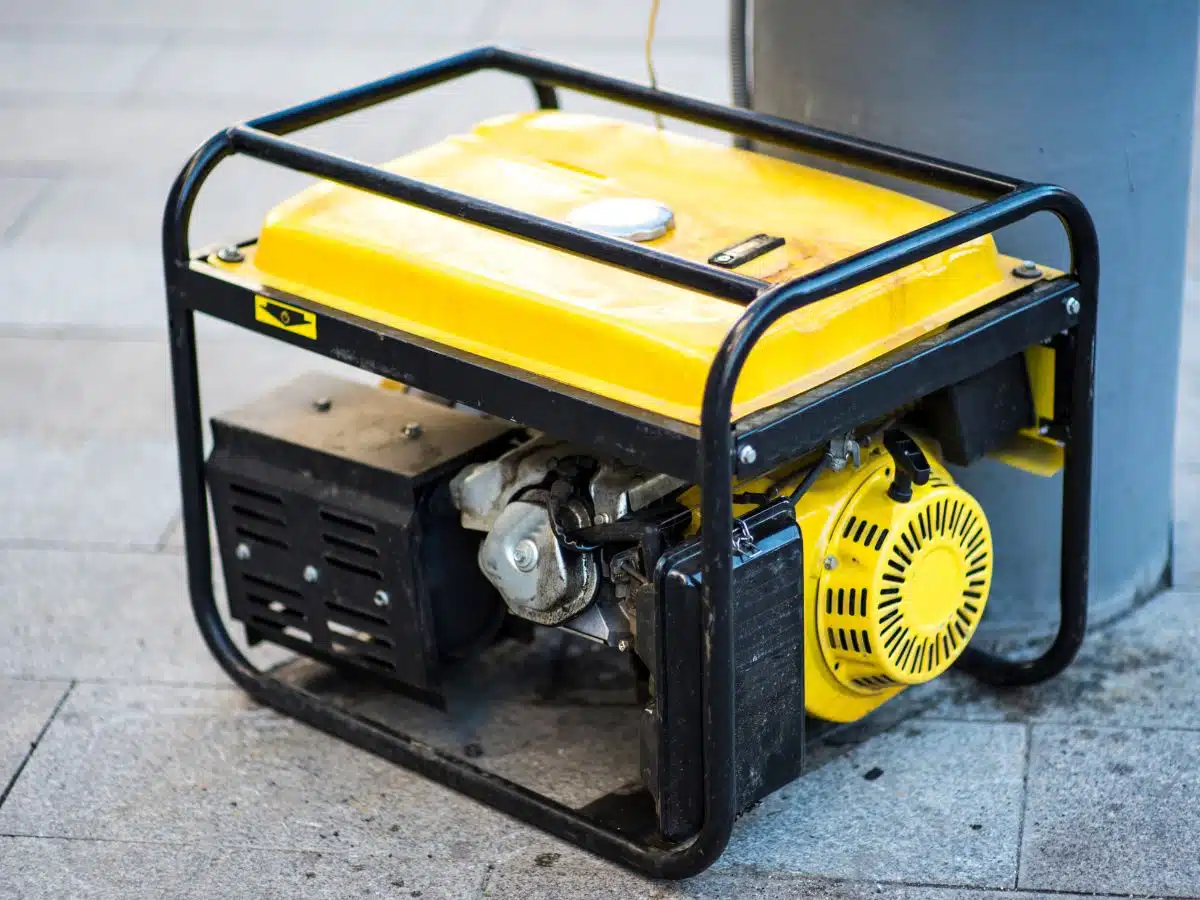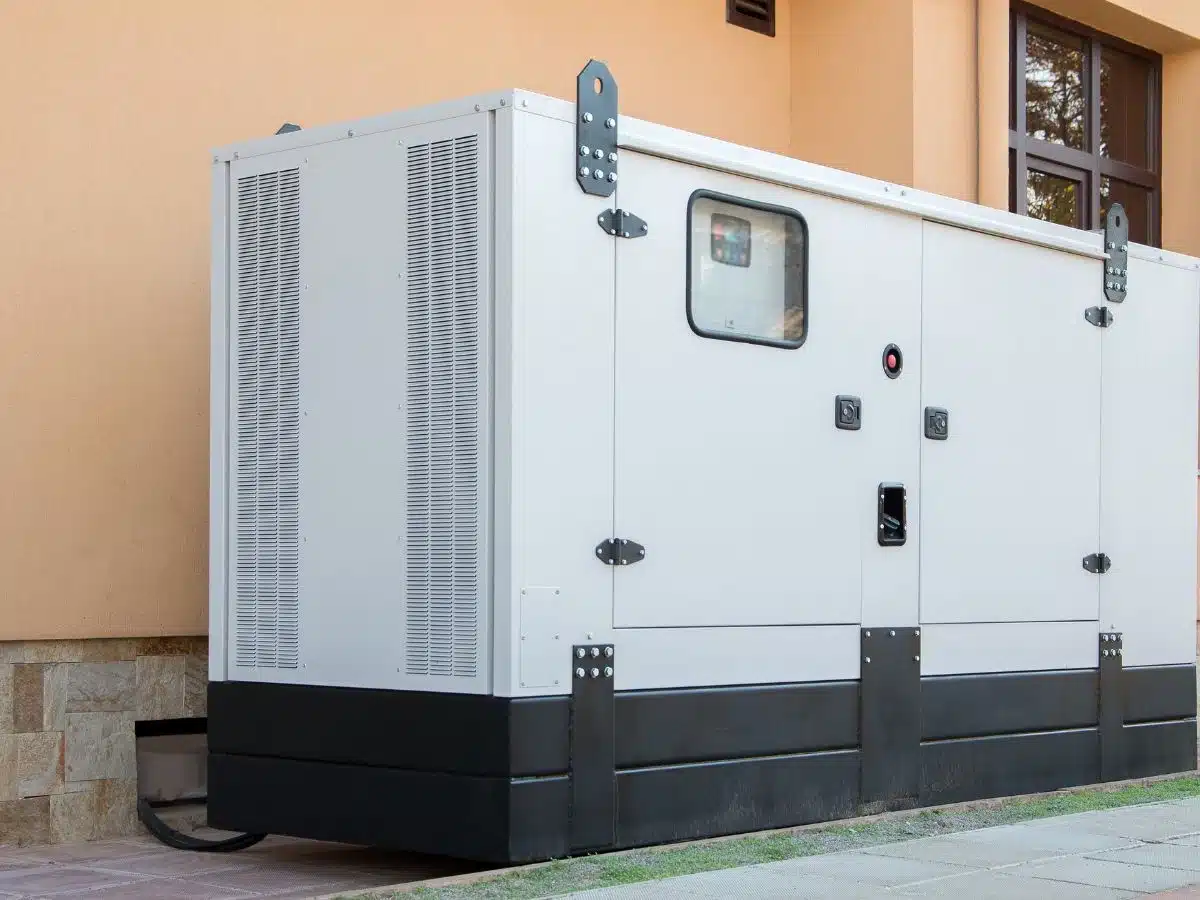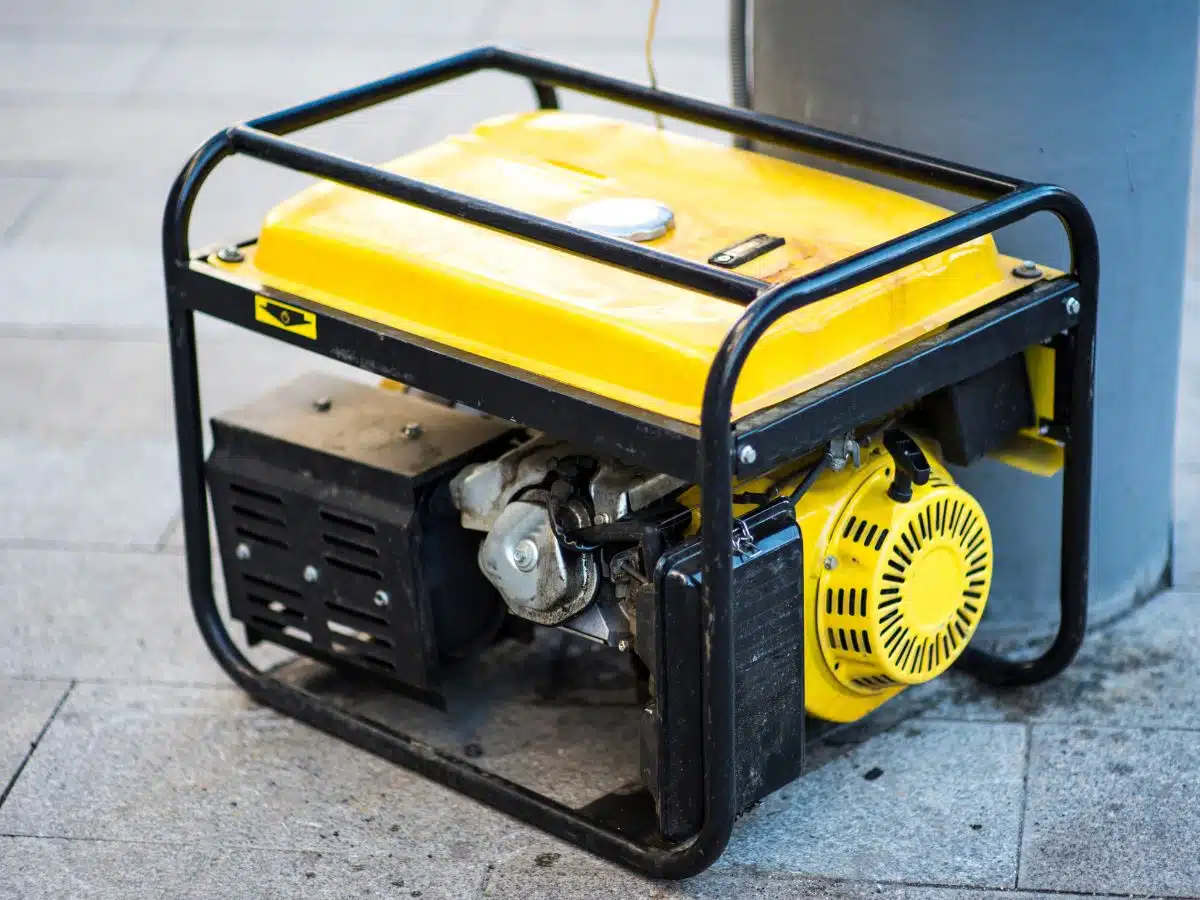Power Outage Pitfalls: What Homeowners Should Avoid
A common phenomenon across the world. FYI, a power outage occurs when the electricity goes out after a storm, or unexpectedly without a reason. As a homeowner, you must be prepared for such contingencies. A disruption in power supply affects all electrical appliances, and you’re left helpless and clueless.
What to do next? What are the things to avoid? How to act intelligently during such a situation, and restore a ‘near’ Status Quo, even if it’s impossible to get the same amount of lighting or cooling. Learn how to protect yourself during a power cut, and what critical mistakes to avoid. Let’s jump into this topic.
What to Do During Power Outage?
Generator Safety
Standby power generators come as a messiah during a sudden power disruption at home. Having one at home can solve most of your problems. But, you must know how to use it safely to prevent carbon monoxide (CO) poisoning. Gas & diesel-powered generators can pose a serious health risk to toddlers and elderly at home.
- All fuel-based (gasoline) generators must be placed outside the home, preferably in the backyard or near the garage. The exhaust must not enter your house. The gas is harmful.
- Protect the generator from rain, snow, and water. Build a shade over it. Keep the generator dry. A wet generator can cause electrical shock upon touching it.
- If the generator fails to start, makes a lot of rumbling noise, and produces a lot of black smoky exhaust, it’s advised to call generator services in your neighborhood.
- Install carbon monoxide (CO) gas detectors inside your home to monitor the levels of CO & CO2. It is suggested to keep the generator at least 20 feet away from your house.
- Maintain sufficient fuel in your generator, and do NOT refuel it when it’s hot. It may cause a fire.
Unplug & Turn Off Electrical Appliances
In the event of power disruptions, unplug all your expensive appliances and home electronic devices. When electricity is restored, there’s a sudden spike and surge in voltage. Such power surges can damage electrical gadgets, if there are no surge protectors or voltage stabilizers installed with the said appliances.
Power surges can damage sensitive equipment like computers (desktops, laptops, tablets), TVs, refrigerators, HVAC systems, etc. If all the electrical appliances are switched on, and the power returns, the heavy load or strain can trip your circuit breakers in the electrical system.
Call your Local Energy Service Provider
The first thing that you need to do during a power outage is to call your local utility service provider. Know the reason for the unexpected power disruption. If there’s a storm or rough weather, ask how long it would take to restore power. Check whether your neighbors are also without electricity. This can help identify the problem or situation that is universal, and you can plan accordingly.
Prepare in Advance
If you reside in an area that witnesses frequent electricity cuts due to storms or inclement weather conditions, prepare for a power outage days in advance. Keep batteries as a standby option, and other alternative power sources like inverters. They help power electrical devices when there’s a disruption.
Have flashlights, fully charged power banks, and candles, and get your overhead tank filled with water, if the electricity is cut off for days.
Store Enough Food
It is advised to keep an ample stock of non-perishable food items and water in your refrigerators till power service is restored to normal. The refrigeration mechanism can keep the food cool for at least 4-5 hours if running is non-stop.
A freezer can maintain the freezing temperature for about 24-48 hours if the refrigerator is new. Do away with all perishable food items after 2 days. Keep enough medical supplies, especially daily-use medications and emergency prescription medications. Store them in a cool and dry place.
Mistakes to Avoid During Electricity Disruptions
Lighting Candles
This is a common mistake practiced for centuries at homes across the globe. It not only increases the risk of fire-related accidents but also produces a substantial amount of carbon monoxide (CO) when burnt inside a house.
Overlooking Security Gates
During electricity interruptions, the electrically powered main entrance gates to your house can be rendered useless. You need to know how to manually operate such gates in the event of a power failure. This can help family members and friends get access to your residence.
Assuming Power Failure is Universal
Most of the time, we think it is a universal problem. But it might happen that your house has encountered some electrical faults that resulted in power disruption. Check with your neighbors if they are facing the same situation. If not, you can call your local utility service provider to repair the fault.
Keeping Refrigerator Door Open
There’s a common misconception that keeping the fridge door open can let out the foul smell caused by food inside it. On the contrary, keeping the door open lets the cold air escape, resulting in food rot and spoilage.
Every homeowner must know what to do during a power failure or power disruption to stay safe and prevent damage to electrical appliances at home. If the problem is limited to your home, you need to find an expert in generator repair services who is licensed and insured.
Usually, old generators fail to start and provide backup during power outages, which can be irritating and frightening. You need to contact an expert electrician to properly diagnose and rectify the fault with the electrical system, fuse, switchboard, or circuit. Ask for FREE quotes and consultation.




